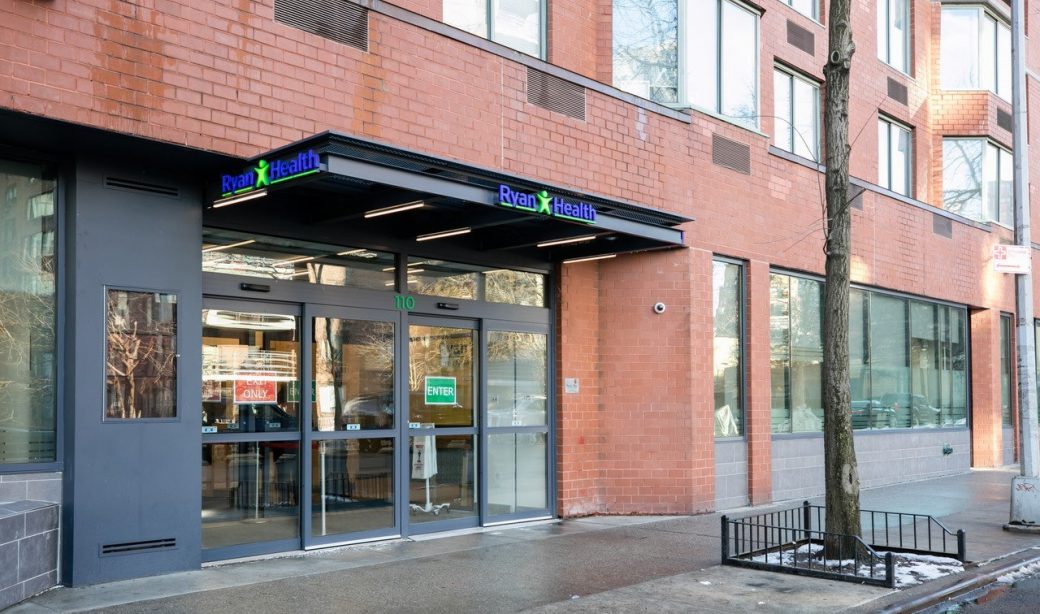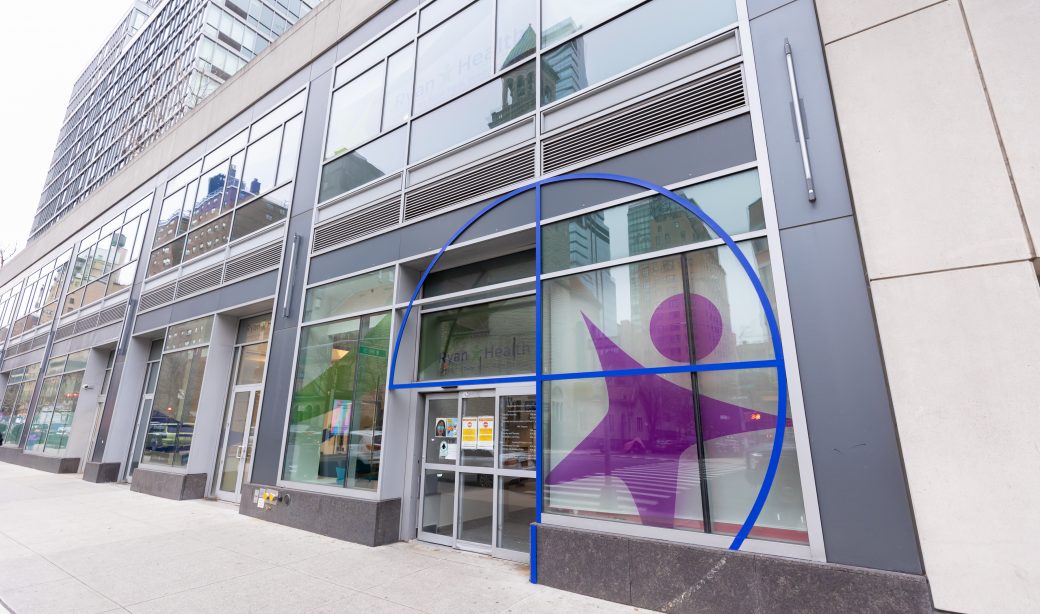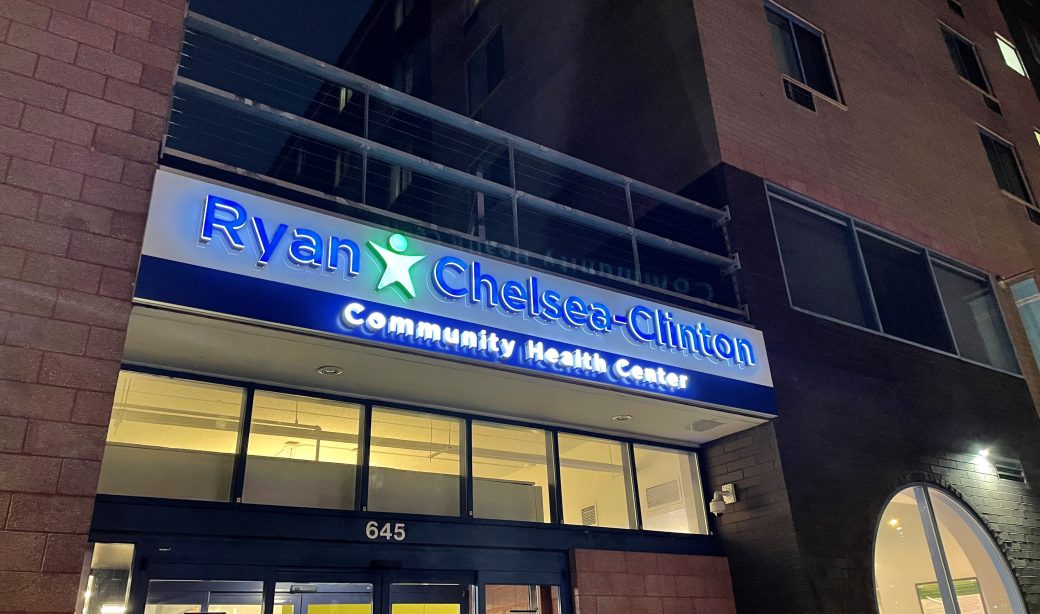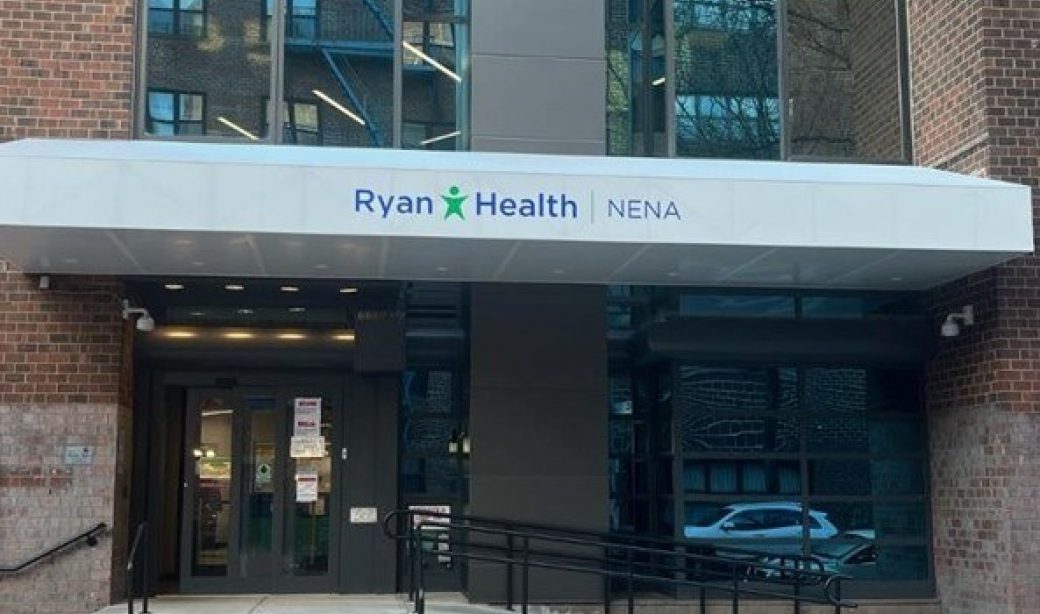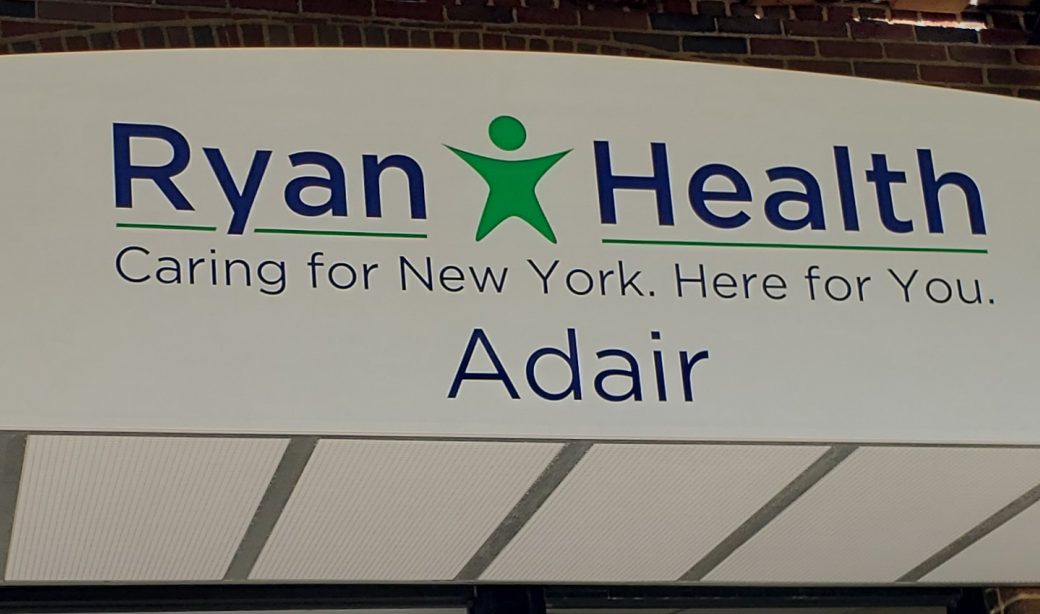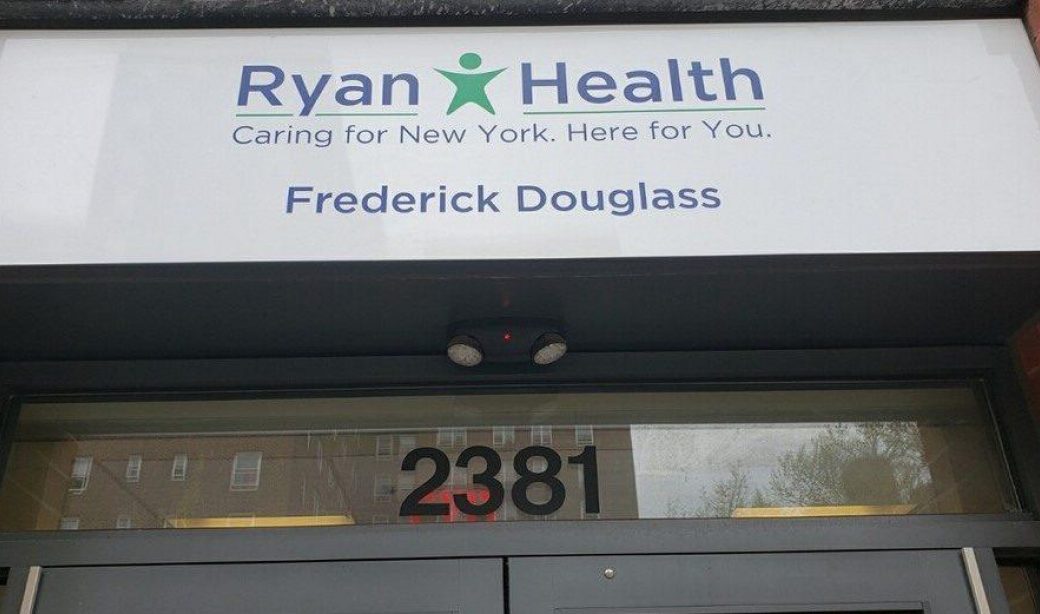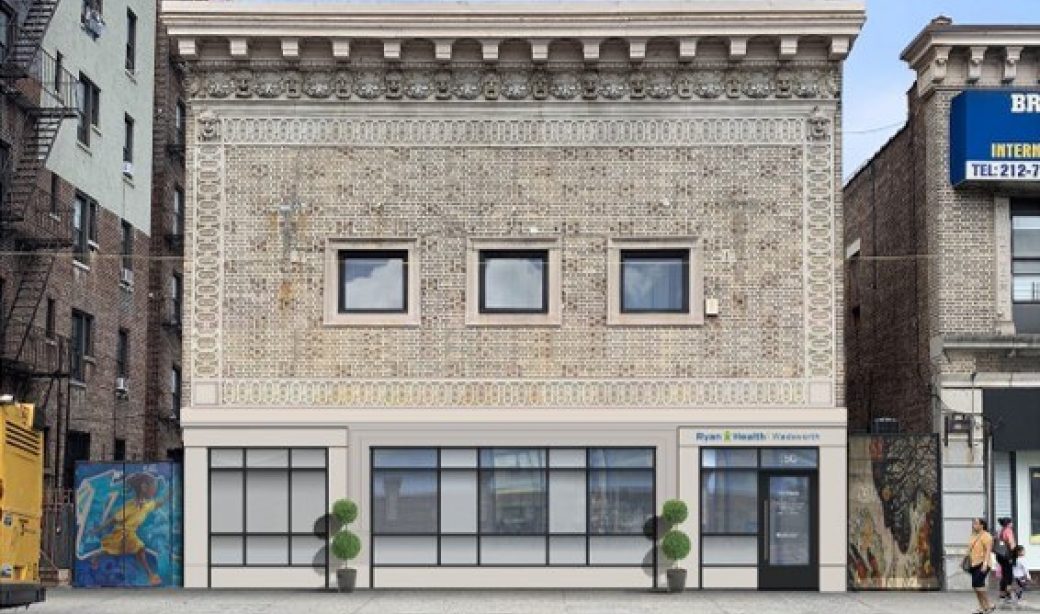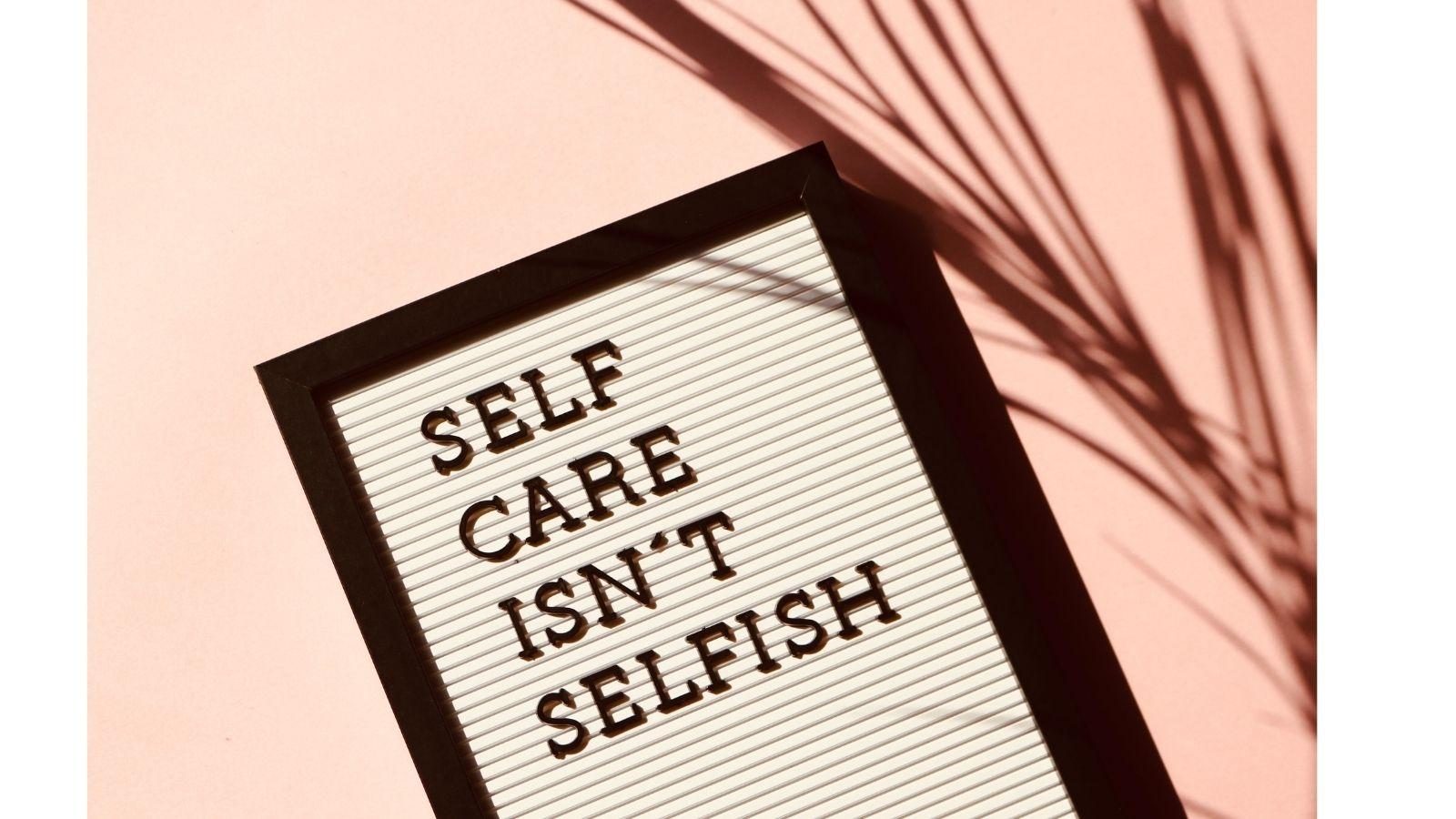
For Mental Health Awareness Month in May, Jennifer Mariaschin, LCSW, answers some basic questions about mental health. She is a social work supervisor in Ryan Health’s Behavioral Health Integration (BHI) department.
How would you define positive mental health?
Positive mental health is when a person feels like they can handle the tasks ahead of them. They generally have a sense of wellness and can cope with life's stressors. You don’t have to be happy all the time or feel like you are perfect at life, to be mentally healthy.
Symptoms of depression and anxiety have increased during COVID-19 and become more prevalent. What impact has it had on individuals?
In addition to the isolation from lockdowns and social distancing, and grief over losses of family, friends, and community members, people have experienced an increase in overall stress and uncertainty. That leads to anxiety. The absence of seeing people in person and being able to engage in positive activities outside of the house has made it difficult for people who already have depression and anxiety to cope. It’s provided significant limitations on overall wellness.
On the positive side, as people are becoming more aware of mental health issues revealed by the pandemic, they are seeking help more often than ever, which is great.
What are warning signs of anxiety and depression?
If you start to feel a lack of motivation or pleasure in doing things you usually like to do, or you feel down, depressed, or hopeless for more than several days in a two-week period, you may be at risk for depression. Changes in sleeping habits, such as sleeping less or too much, changes in appetite, low self-esteem, and poor concentration are also signs for depression. People with depression can also have thoughts of wishing they were dead, in which case they should seek help as soon as possible.
Anxiety can consist of worry that you can't control, a feeling of being on edge, irritable, and scared that something terrible will happen. We screen patients for these symptoms on a regular basis, not just in our behavioral health and mental health departments, but in regular routine visits with primary care providers. We believe that health and mental health are integral to each other.
What would you recommend for people to do to cope with depression and anxiety?
Social and physical activities outside of the house are great, especially if they are scheduled. During the pandemic, this can be challenging, but people have gotten very creative. The themes are connect with others, get moving, relax your body, reflect, and find ways to have fun. Here some ideas!
- Take a walk outside, in a park, or around your neighborhood
- Exercise
- Scheduled video chat or phone call with a loved one
- Spend time with a friend
- Journal
- Do small projects at home, like paint by numbers or coloring
- Deep breathing
- Meditation
- Exercise or do gentle yoga via YouTube
- Cook a festive meal
When is it time to seek help?
If you have been experiencing intense symptoms that have impacted your ability to do what you need to do for yourself or for others that you care for, or you have had mild but disruptive symptoms for two weeks or more without being able to address it by your own behavioral changes, you may want to talk to your Primary Care Provider at Ryan Health and ask to see a Behavioral Health Integration therapist. If you are having thoughts of harming yourself or others, you should seek help right away.
What would you say to people who aren’t sure about seeking therapy?
Therapy is confidential, which means that nobody will even know if someone is in therapy unless they tell people. And what gets discussed in therapy stays in therapy. People can also see a first session as a way to try out therapy to see if it is for them, and to discuss their concerns about therapy if they feel comfortable. Additionally, I would suggest that, if they feel comfortable, they can talk to people they know who have been in therapy to see what those experiences were like.
What should people expect from counseling if they're never experienced it before?
Therapists are here to support people in feeling better, and this starts by understanding what the patient is going through. Patients get a chance to talk to somebody in a supportive, nonjudgmental environment to help them work through their problems and achieve goals that they set in therapy. Therapists help patients work through current issues that the patients themselves identify and recognize their own strengths towards developing tools for coping with depression and anxiety that they can use in their lives once they complete therapy.
The therapist and patient set goals for treatment to help support the patient in feeling better. Sometimes there is work that patients can do in between sessions, like worksheets or reflections.
What types of behavioral health services are available at Ryan Health?
Behavioral Health Integration is a program for short-term therapy where a patient is referred by their Primary Care Provider to a therapist where they receive care. Right now, in-person and Telehealth visits are available.
There is also the Emotional Wellness Center, where people can self-refer, and other modalities of treatment are available beyond short-term. You don’t need a referral. To make an appointment for the Emotional Wellness Center, call 212-769-7200 on the Upper West Side or 212-477-8500 on the Lower East Side.
